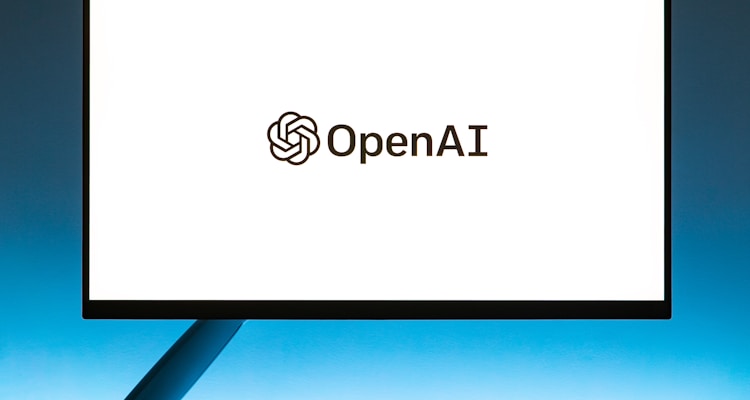The Internet’s New Myths: How Fanfiction Became Scripture

Fanfiction is no longer just fan-made entertainment—it’s shaping digital mythology, redefining storytelling, and creating new-age “scriptures” for online generations.
Introduction: When Fiction Feels Like Faith
In a corner of the internet where imagination thrives unchecked, fanfiction writers are building something extraordinary—modern myths. What began as creative extensions of popular universes like Harry Potter, Star Wars, and The Witcher has evolved into a digital belief system of its own. For millions, these stories are not just entertainment—they’re personal scripture, moral compass, and emotional refuge.
Context & Background: From Fandom to Faith
Fanfiction has existed since long before the web. Devoted readers wrote “Sherlock Holmes” pastiches in the 19th century and “Star Trek” zines in the 1960s. But with the rise of the internet and platforms like FanFiction.net, Archive of Our Own (AO3), and Wattpad, the genre exploded.
In the early 2000s, fanfiction became an act of creative rebellion—readers reshaping stories that mainstream media often left incomplete or exclusionary. Today, it’s a cultural movement. The collective output of online fan communities surpasses the word count of the Harry Potter series thousands of times over.
But what’s striking now isn’t just the scale—it’s the reverence. For many, fanfiction isn’t just writing about fictional worlds. It’s rewriting reality itself.
Main Developments: When Stories Transcend Their Origins
The transformation of fanfiction from pastime to belief system happened subtly. In online communities, characters are reimagined as moral archetypes, lessons are drawn from plotlines, and “canon” often yields to “headcanon”—personal truth derived from fan interpretations.
For example, Good Omens fan communities explore themes of divine love, redemption, and free will, framing the angel–demon duo as modern representations of faith beyond dogma. Meanwhile, “Star Wars” rewrites often center on balance and destiny, echoing ancient religious philosophies.
Fanfiction also fills emotional and spiritual gaps. In times of loneliness or identity struggle, fans turn to stories that offer belonging. Characters become guides—flawed, human, and profoundly relatable. “It’s not worship,” one Reddit user explained, “it’s resonance. These characters carry truths that feel more real than anything else out there.”
Expert Insight: Scholars Call It ‘Digital Mythmaking’
Cultural anthropologists now describe fanfiction as participatory mythology. Dr. Erin Chambers, a professor of media studies at NYU, calls it “the democratization of myth.”
“Traditional religions were built on oral storytelling,” Chambers explains. “Fanfiction does the same thing—stories evolve, multiply, and take on moral dimensions. The internet simply accelerated the process.”
Psychologists also note fanfiction’s therapeutic role. It allows writers to process trauma, explore identity, and even reframe moral values. In some cases, fan-created stories challenge oppressive narratives found in mainstream media, offering more inclusive and empowering versions.
Social media platforms like Tumblr and AO3 function like digital temples—spaces of collective reflection and creative devotion. Tags like “hurt/comfort,” “found family,” and “redemption arc” are emotional rituals in themselves.
Public Reaction: A New Kind of Reverence
Among fans, there’s an unspoken code: protect the sanctity of the story. Entire communities gather to debate “canon” versus “fanon” (fan-created canon), similar to how theologians interpret sacred texts.
On TikTok, users post emotional readings of fanfiction scenes set to orchestral music. On Reddit, discussions about the moral growth of characters resemble scriptural analysis. In Discord servers, fanfic writers are treated as high priests of imagination.
“People find meaning here,” says Marisol Vega, a cultural critic who studies fandom culture. “It’s not about worshiping fiction—it’s about finding oneself through it. Fanfiction is how people reclaim storytelling from corporations and make it personal again.”
Impact & Implications: A Mirror for the Modern Age
The rise of fanfiction as digital scripture reflects a broader societal shift—one away from organized religion and toward personalized spirituality. In a fragmented world, these online narratives create connection and moral continuity.
For creators, it’s empowerment. For readers, it’s belonging. And for culture at large, it’s proof that myth-making never died—it just went online.
Fanfiction’s next chapter may see greater academic recognition. Universities are already studying it as a serious literary genre, and archives like AO3 have even won Hugo Awards, cementing fanfiction’s legitimacy in global storytelling.
Conclusion: The Eternal Power of Story
In the end, fanfiction isn’t replacing religion—it’s reviving what religion once did best: telling stories that help us understand ourselves. In these digital temples of imagination, belief isn’t commanded; it’s chosen.
The internet’s new myths are not carved in stone but written in pixels—ever-changing, collective, and deeply human.
Disclaimer:This article is an independent analysis intended for educational and journalistic purposes. It does not promote or disparage any religion, ideology, or creative community.










